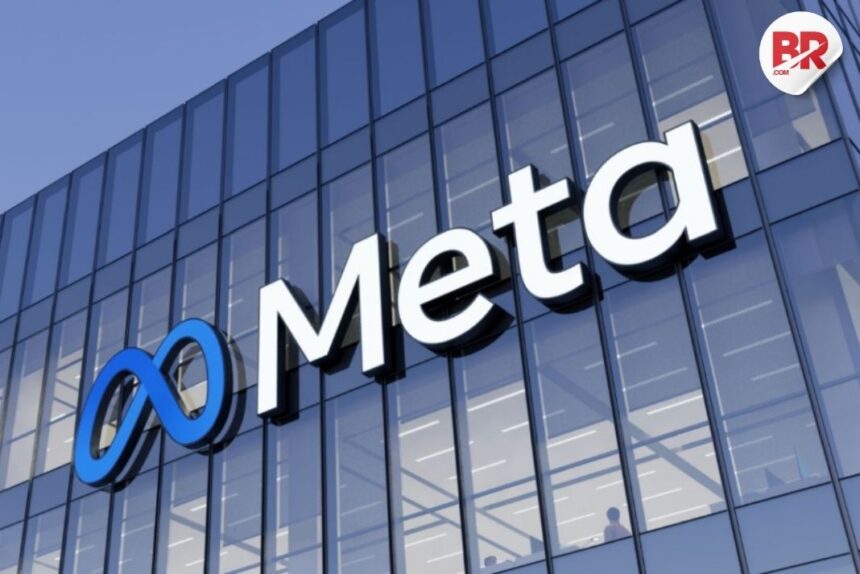Why the FTC Is Suing Meta
The heart of the FTC’s case is simple: they believe Meta is trying to kill competition by buying out potential rivals. The agency points to past deals—like Instagram in 2012 and WhatsApp in 2014—as examples. These platforms once had the potential to compete with Facebook. But after Meta bought them, the FTC says, innovation stalled and competition faded.
In short, the FTC claims the Meta lawsuit is about protecting the future of social media from becoming a one-company show.
The concern is that Meta isn’t just competing—it’s dominating by acquiring any company that might challenge its rule. If this trend continues, users may face fewer choices, while advertisers may end up paying higher prices.
Meta’s Side of the Story
Meta, of course, tells a different story. The company says its acquisitions helped improve its products and created more value for users.
From Meta’s point of view, the tech world is still highly competitive. New apps pop up all the time—like TikTok, for instance—and grab millions of users. Meta argues it’s simply evolving with the times and that the Meta lawsuit is unfairly punishing them for being successful.
They also say the FTC’s move to challenge deals years after they were approved is bad for business. If the rules keep changing, companies may hesitate to invest or innovate at all.
Also Read: Teen Accounts: Meta Expands Safety Features to Facebook and Messenger
The Metaverse: A New Frontier, or New Monopoly?
There’s another big piece to this puzzle: the metaverse.
Meta is investing billions in building a virtual world where people can meet, play, work, and shop. It’s called the metaverse, and Meta wants to lead it.
But the FTC fears that if Meta dominates this space too early, it could create another monopoly—one even harder to break. That’s why this lawsuit isn’t just about Facebook or Instagram. It’s also about stopping Meta from taking over the next big thing in tech.
And honestly, that’s a fair point. If one company controls the metaverse, it might limit innovation and lock out smaller players.
Also Read: Former OpenAI Staff Join Elon Musk’s Lawsuit, Accuse Firm of Betraying Humanity Mission
What This Lawsuit Could Mean for the Future
The outcome of the Meta lawsuit could change the tech world in big ways.
If the FTC wins, it could lead to stricter rules on tech mergers. Big companies may no longer be able to snap up small startups just to remove competition. It could also ensure that the metaverse becomes a space where many companies can thrive—not just Meta.
But if Meta wins, it might strengthen its power even more. Other tech giants could also follow Meta’s lead and keep growing through buyouts. That might mean fewer options and less competition down the road.
The Bottom Line: Competition vs. Control
At the end of the day, the Meta lawsuit is about a simple but powerful idea: should one company have so much control over how we connect, share, and explore new digital spaces?
As users, we should care. The tech we use every day shapes our lives. So, the fight between Meta and the FTC isn’t just a legal case—it’s a battle over the future of innovation.
Also Read: ChatGPT Price Drop Expected as OpenAI and Meta Talk About Partnering with Reliance in India




